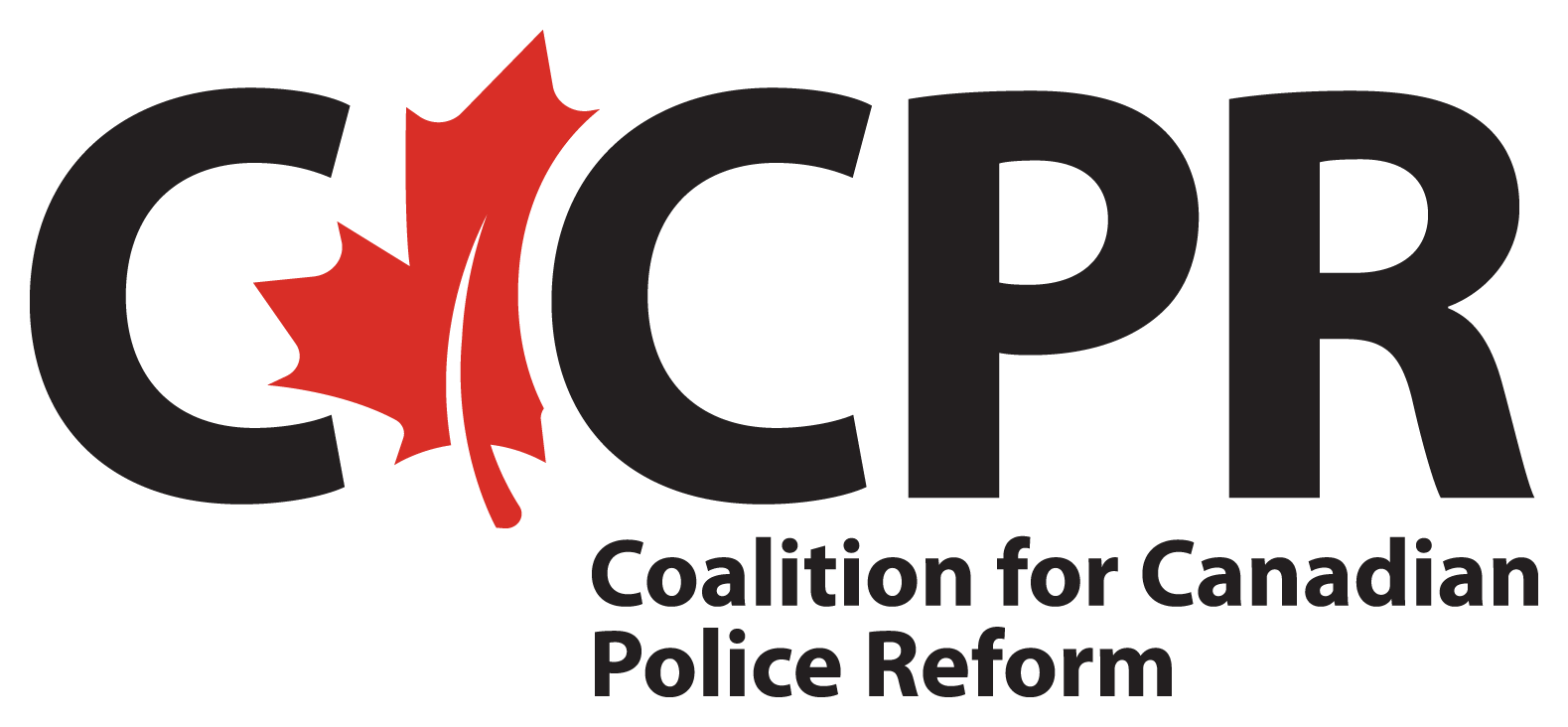We visualize the NCPE as creating excellence for our police through national education standards and certification for new officers.
Why do we need a National Centre of Policing Excellence?
The mosaic of Canada has changed dramatically over the years. Canada is more diverse than ever. Different generations have different expectations.
In recent years there have been numerous academic and government reports and inquiries that have recommended enhanced education for police officers.
Enhanced education requirements for all our police officers will elevate the standards of practice and provide the best possible outcomes while maintaining public safety and defending the rights and freedoms for all our citizens.
Enhanced police education with national standards will give citizens from coast to coast enhanced trust in their police officers.
The models that show the way towards national standards and new officer certification
The models that show the way towards excellent 21st Century policing
We propose a National Centre for Policing Excellence (NCPE) that will do the heavy lifting to create a new police curriculum. A Policing College for Canada will set common nation-wide standards in police educaiton and advance the professional practice of policing whilst increasing the trust of Canadians across the nation.
What would the NCPE achieve?
The world and our nation are evolving and so must police to meet the realities of the 21st Century. It is time to elevate policing as a profession because policing is an important element of our stability as a nation. We are now a diverse nation and we must stand strong as a democracy in a world with growing disorder.
- The NCPE will research and develop evidence-based course content to support education delivered at the local level by applying nation-wide principles and consistent curriculum standards prepared by a team of citizens, police and academics.
- Existing training centres across Canada could eventually be accredited for the quality of their pedagogy and the inclusive nature of the training environment. Trainers should have advanced skills in adult education.
- Eventually nationally accredited examinations could assess knowledge. The curriculum must reflect the local community and adequately prepare recruits to serve our diverse society.
Police officers need the best skills and knowledge derived from what is proven to work to prevent crime, protect the public, and secure public trust. The NCPE could achieve better trained recruits who would have certification enabling portable employment in any jurisdiction of Canada. Certifying police officers to a standard level of knowledge will ensure a common level of ability, knowledge and empathy from the High Arctic to the 49th parallel.

The models that show the way for excellence in police education.
- The Royal College of Physicians and Surgeons of Canada (RCPS) was established by Act of Parliament in 1929 to deliver excellence in the training of post-graduate doctors. Although education and health care are the responsibility of the provinces, the RCPS has succeeded in ensuring Canadian physicians are competent across the world. Physicians are trusted by Canadians.
- The College of Policing in the United Kingdom was created in 2012 to guide police officers and policing authorities to a higher level of professionalism.
How can Canada create a National Centre for Policing Excellence (NCPE)?
We propose the creation of the NCPE at the federal level. The College must include policing officials and citizens representing the diversity of Canada. It is important to achieve understanding with the Canadian Association of Chiefs of Police and each provincial Solicitor General as an early step. We believe that police leaders including the RCMP, First Nations leaders, other community leaders, police associations and police officers are ready for change.
National standards will:
- Fill the voids of current education by enhancing the understanding of diversity, racism and mental health thus enabling officers to better understand and better calm people and de-escalate.
- Enhance the understanding of First Nations history and colonization and issues affecting marginalized people in Canada.
- Provide essential knowledge: social pedagogy, history of policing, purpose of policing, the nature of peace-keeping and the application of Peel’s Principles.
- Eliminate glaring inconsistencies in recruit education across the nation.
- Ensure education incorporates the latest evidence based police research.
- Reduce the burden for the oversight of police education and the cost of curriculum development for police agencies in Canada.
The NCPE would not duplicate or infringe on the mandates of the following:
- Canadian Police College provides special skills training, executive development, forensics, hostage negotiation etc.
- Canadian Police Knowledge Network provides practical on-line courses in specific policing subjects and skills.
- National, provincial or municipal training centers operated by police services including the Royal Canadian Mounted Police Depot Division.
The proposal has been discussed with leaders of the following organizations:
- a former Deputy Prime Minister of Canada
- a former Justice Minister and Attorney General of Canada
- 5 serving Senators
- a Deputy Minister in a department of the Solicitor General
- several academics who are professors and police researchers
- The federal ombudsperson for victims of crime
- The Black Coalition Against Racism (B-Car)
- Canadian Police Association
- Canadian Association of Chiefs of Police
- Canadian Association of Police Governance
- Canadian Police Knowledge Network
- a Deputy Minister of Advanced Education
- several serving and former police chiefs and executive members.
Further Reading; News Articles and Publications
